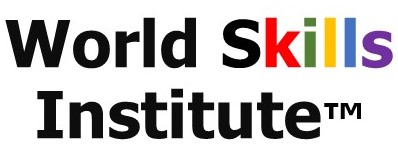
Course Curriculum:
Lesson 01 – Scrum Theory and Principles
Why does Scrum work and what are the core theoretical foundations and principles? How does
scrum differ from traditional software development processes and why is it better for product
development? In this section, we explore the differences and benefits of the scrum.
Lesson 02 – The Scrum Framework
How is scrum theory implemented through time box events, roles, rules, and artifacts? How can
these be used most effectively? We will discuss why the scrum framework is constructed as it is
and how you, as a scrum master, can effectively use the scrum framework to control risks and
create maximum value.
Lesson 03 – Scrum Roles – Product Owner, Scrum Master, and Development
What does a product owner do in scrum? What does it mean to be a good product owner? Do
they write a story or maximize value? Why do we need a scrum master? How is the team’s
scrum master chosen? What’s the meaning of a self-organized development team? Is the selforganizing team good enough, or do we also need a self-managed team?
Lesson 04 – The Definition of “Done” and Acceptance Criteria
Are you able to deliver truly done software? What does “Done” mean in the scrum and why
is it important? The workshop focuses on differentiating “Done” and “Undone,” as well as a
discussion about technical debts. Participants will learn the meaning of the “Done Increment” by
defining these terms in the workshop. Why is it critical to a growing organization to eliminate
technical debt? How is acceptance criteria different from the definition of Done?
Lesson 05 – Product Development Using Scrum
Learning by doing is the focus of this lesson. Participants work in a group, just like real scrum
teams, and learn by practicing scrum on a live project. The small scrum team plays all roles,
creating artifacts to understand transparency and using events for inspection and adaptation.
Lesson 06 – Working with People and Teams
Since scrum is a process framework, the organization must work to resolve people and team
problems in order to make the process work. This lesson has multiple group discussions about
certain challenges that the majority of organizations face while adopting scrum.
Lesson 07 – Scrum in Your Organization
This lesson is a review to help you understand what organizations do good, or not so good while
practicing scrum. People identify areas of their scrum process that need further improvement.
Lesson 08 – The Role of the Scrum Master
A skilled and empowered scrum master can bring positive change, but it can become difficult
when the change agent is not pragmatic. This workshop focuses on empowering change agents
with the knowledge to facilitate change.
Lesson 09 – Working with Organizational Challenges
Why is change so hard and what can be done to make it less so? What organizational changes
are needed to see the real benefits of scrum?
